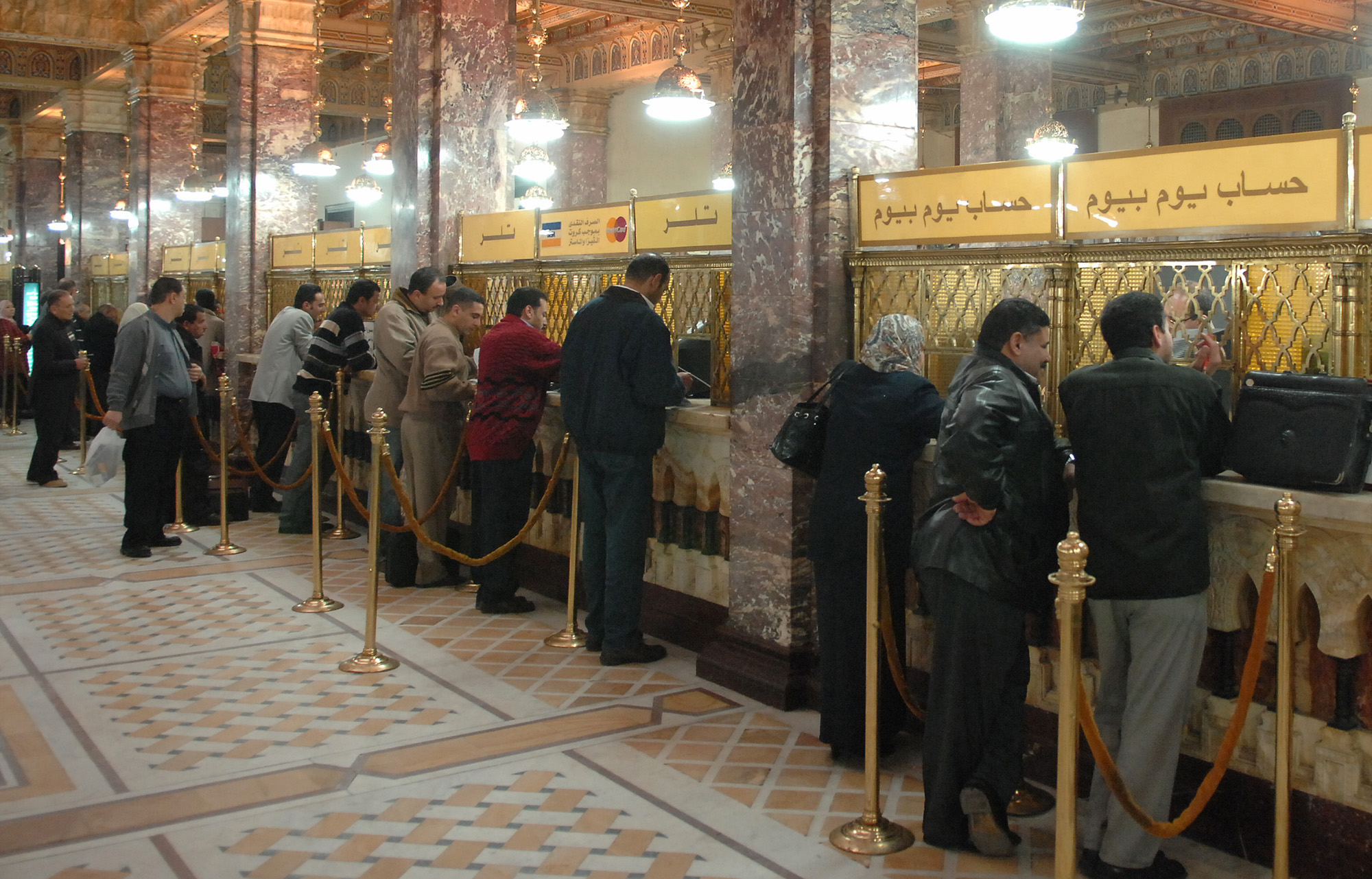
(Photo by Amira El-Fekki)
The Qasr El-Nil Misdemeanour Court, headed by Judge Ahmed Abdullah, issued verdicts against 68 defendants charged with breaking the Protest Law on the fourth anniversary of the 25 January Revolution.
The judge ordered a fine of EGP 50,000 against each defendant over charges of protesting without prior notification tot the government and obstructing roads.
Abdullah, however, acquitted the defendants of organising a public assembly, which is punishable by prison under Article 7 of the Protest Law.
The court session was held at Tora Police Institute amidst a large media presence. Families of the defendants were relieved as they waited outside court to discuss further steps with the defence lawyers.
According to defence lawyer Mohamed Fathy, who said there will be an appeal against the verdict, the defendants should be released before the court looks into appeals.
“In other words, with the first appeals session, the judge should order the release of the defendants, without a bail,” he said.
Some parents asked lawyers if the defendants would be released as soon as they had paid the fine. Fathy told them that this was a valid option; however it would mean that the defendant accepts to be charged, while appealing the verdict aims at clearing their names from any crimes.
Despite feeling positive about the judge not sentencing any defendant to jail, Fathy said the fine was still a punishment.
A total of 80 people were arrested in protests on 25 January which marked the fourth anniversary of the 25 January Revolution. Among them, 12 minors were previously acquitted, and the remaining 68 includes one young woman.
She and three others are members of the leftist Bread and Freedom Party. Mohamed Douma, a defendant in the case, belongs to the group of injured during the January revolution in 2011.
Activists Mona Ezzat and a media officer for the party previously told Daily News Egypt there have been numerous unsuccessful attempts to release Douma due to his health condition.
“Douma is blind and he suffers a problem in the chest due to birdshot he had received once,” Ezzat stated.
Charges in the case are related to breaching the Protest Law, and include an illegal public assembly, thuggery, violence, and assaulting security officers. Samir said protest cases are usually categorised as misdemeanours, with the exception of a few cases, where the defendants are accused of possessing firearms.
“Many of them are injured, without an arm or a leg. They were demanding retribution to the martyrs and injured of the revolution after four years of not obtaining any,” defence lawyer Sameh Samir argued in an earlier court session.
Lawyers of the defendants had also claimed that the conditions of their arrests and detention were illegal. The defendants “disappeared for two days”, and were not granted the right to a lawyer or even call a relative, even during questioning.
Lawyers were allegedly denied entry by security forces of a Central Security Forces (CSF) camp, which is an illegitimate detention centre. The defence also argued that the police and prosecution reports’ contained conflicting information about the time of the arrests on that day.


